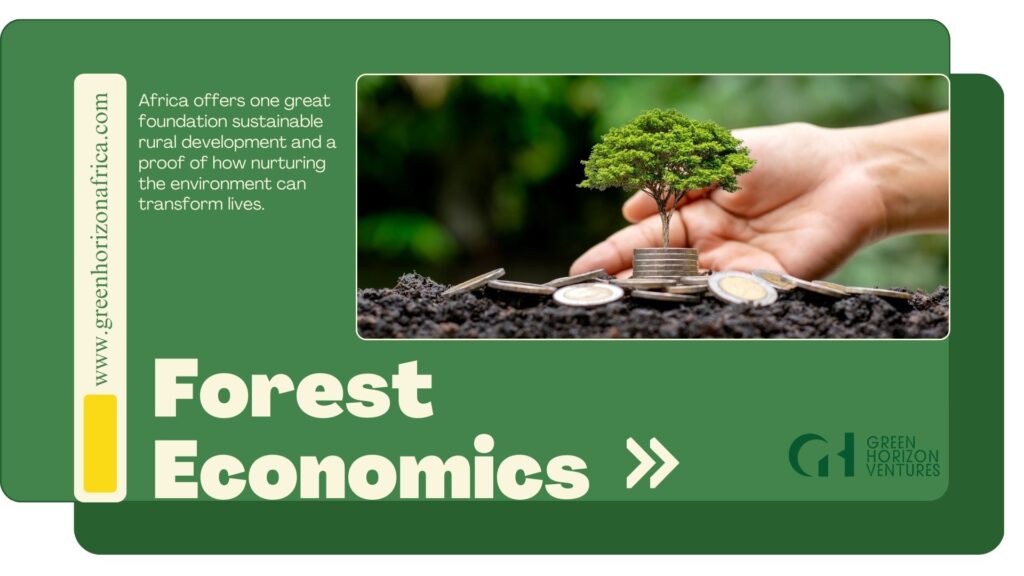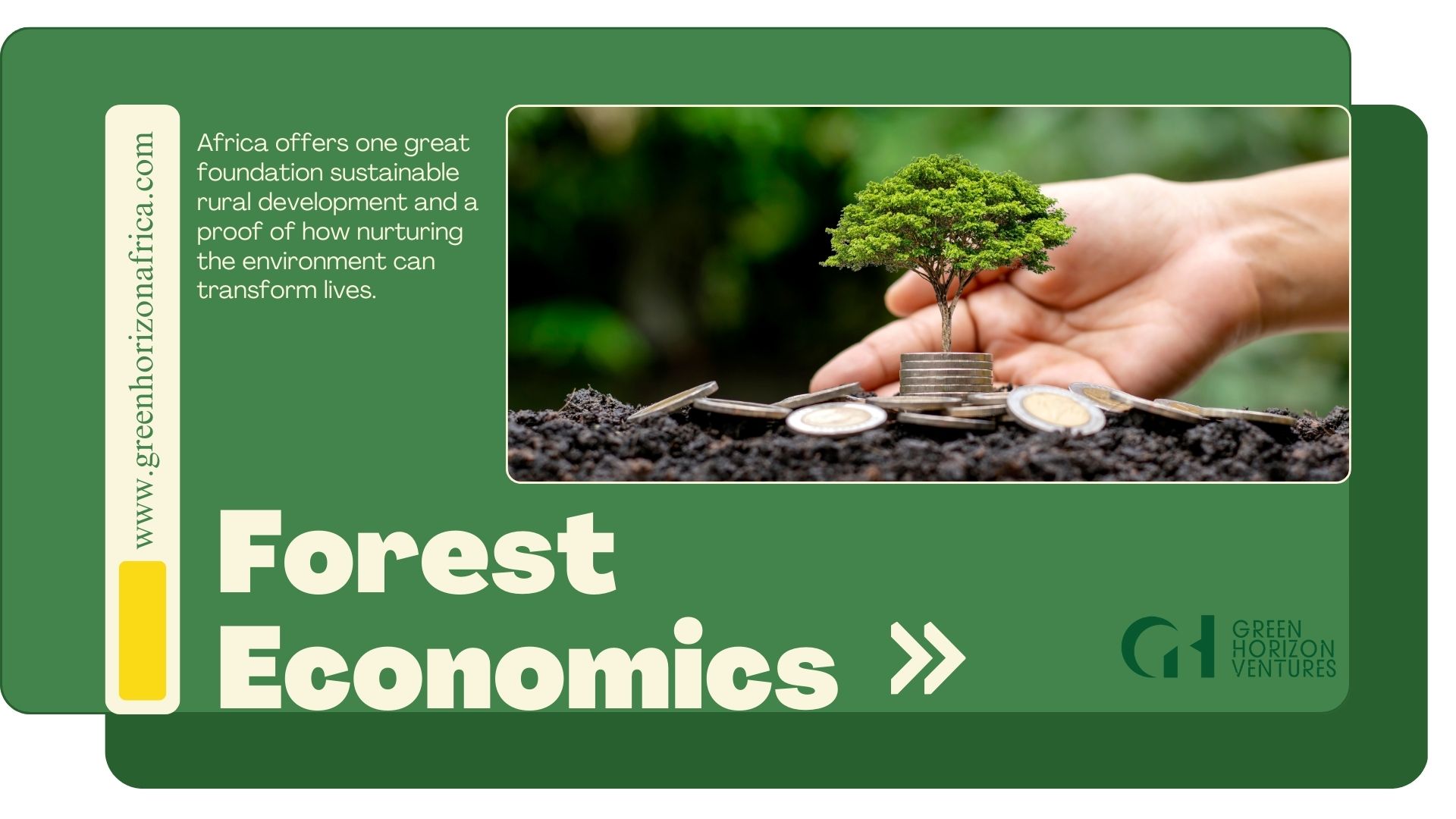
A forest of opportunities, the economics of a tree in Rwanda
In the lush, green hills of Rwanda, where forests have long been a source of firewood and farmland, a new chapter is unfolding. CO2 Africa, a transformative initiative, is rewriting the story of Rwanda’s forests, turning them into sustainable sources of income while protecting the environment.
Consider a 56-year-old farmer in Nyabibu District. For decades, he relied on timber sales to support his family, often clearing trees from his land to make ends meet. But now, thanks to CO2 Africa, he has found a surprising new way to earn a steady income—by preserving his trees rather than cutting them down. Without lifting an axe, he’s earning a good income by keeping his forest intact, as part of a program that rewards locals with “carbon credits,” which global companies purchase to offset their emissions.
CO2 Africa, a key project under the international REDD+ initiative, is bringing real change to Rwanda’s rural communities. By helping forest owners earn a steady income, it’s not just supporting families but improving the soil, enriching crop yields, and creating opportunities to harvest timber sustainably. The project goes even further, encouraging residents to join cooperatives, where they can pool resources, increase earnings, and strengthen community bonds.
Beyond financial benefits, CO2 Africa offers workshops on budgeting, sustainable land management, and business planning, equipping participants with skills that will serve them for life. More than a climate project, CO2 Africa is an empowering force, proving that nature preservation can bring prosperity, resilience, and hope for generations.
As one of the flagship initiatives of Green Horizon Ventures Ltd., headquartered in Rwanda, CO2 Africa offers one great foundation sustainable rural development and a proof of how nurturing the environment can transform lives.
